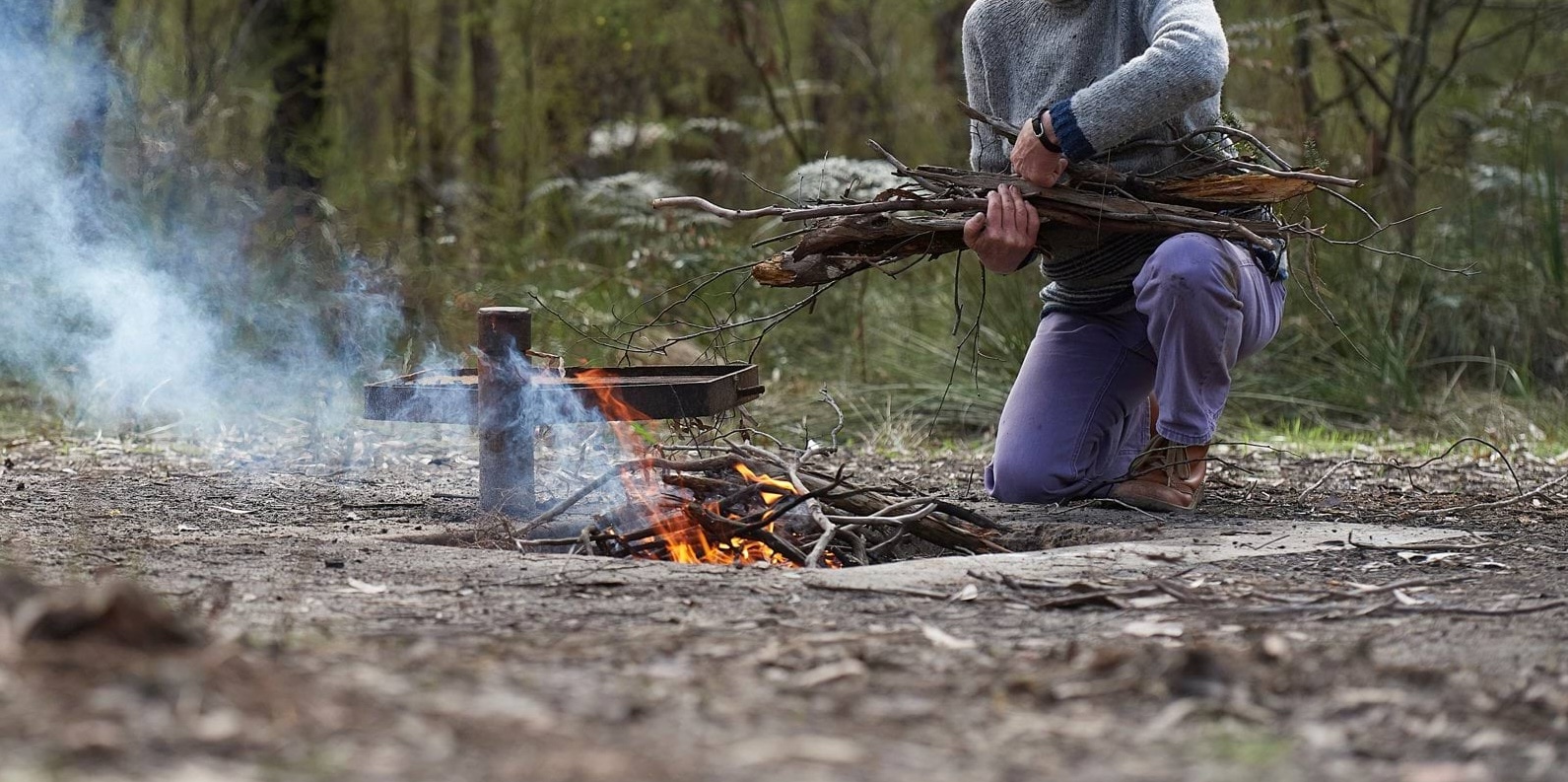

The 2023 Australian Animal Welfare Survey
The Australian Alliance for Animals is a national charity that seeks to improve decisions made about animal welfare in Australia. The Alliance commissioned BehaviourWorks Australia to understand Australian public beliefs, expectations, and behaviours regarding systemic change for animal rights.
Many different groups in Australia can improve animal welfare through behaviour change. Policy decision-makers can change the standards or processes for how animals must be treated or protected (e.g., who is involved in policy decisions about animals); animal welfare groups can raise awareness or advocate for public and private policy change (e.g., labelling animal products); and everyday Australians can care for animals, change their purchasing and diet behaviours, and advocate &vote to advance animal welfare.
We designed an online survey aimed to understandAustralians' beliefs and behaviours related to animal welfare, providing insights for policy change and effective advocacy strategies. To prepare for this, we conducted an evidence scan of existing research work on animal welfare, including work in Australia, to identify survey items and questions.
What did we do?
We prioritised a long list of 31 questions into key research questions for the online survey:
● Which animals are viewed as sentient by Australians?
● Which groups should be involved in and have the final say in decisions about animal welfare policy?
● What role should Government play in animal welfare policy?
● What factors (e.g., economic impacts, animal suffering) should be considered in animal welfare policy?
● How and why do Australians advocate for animals?
We developed an online survey that was administered to a sample of around 1,000 Australian adults, with the intent that it be replicable in the future, and openly accessible for others working in animal welfare.
What did we find?
Overall, the key findings were;
● 9 in 10 Australians agree that animal welfare should be protected by the government through legislation.
● 7 in 10 Australians believe an independent and impartial authority should have the final say on animal welfare policy decisions.
● Australians trust animal welfare groups, researchers, and practitioners and think these groups should have more say in policy decisions.
● Australians believe that policy decisions should prioritise impacts on animals, incorporate scientific evidence, and consider animal sentience.
● Most companion and farmed animals are viewed as sentient (able to experience feelings) by Australians.
● A majority of Australians have advocated for animals in the past, primarily driven by personal values. Barriers to advocacy include a lack of resources and time, and uncertainty about how to advocate.
What’s next?
Researchers, governments and individuals can continue to advocate for animal welfare, and in each case, it’s about behaviour change.
Animal welfare researchers can re-analyse the Australian Animal Welfare survey data to derive new insights (an anonymised version of the data is available on the OpenScience Framework https://osf.io/bf64u/) or adapt the survey to their own context or country.
Governments can update their animal welfare policies, incorporate animal welfare in policy decision-making, ensure animal focussed decision-makers are independent and impartial, and increase engagement with trusted stakeholders and groups.
People who want to help animals can inspire others to become active advocates by making advocacy easy and timely, and tap into people’s desire to make a difference by sharing specific advocacy actions at critical moments (such as elections or parliamentary submissions).
You can view a webinar hosted by the Australian Alliance for Animals including policymakers, members of animal welfare organisations, and the Australian public, which describes the research and also the policy advocacy piece, ‘barometer’, right here.
Direct link to the PDF report: https://osf.io/download/b694p/
Related projects

Have a project for us?
We'd love to help you unpack the problem. Get in touch.







